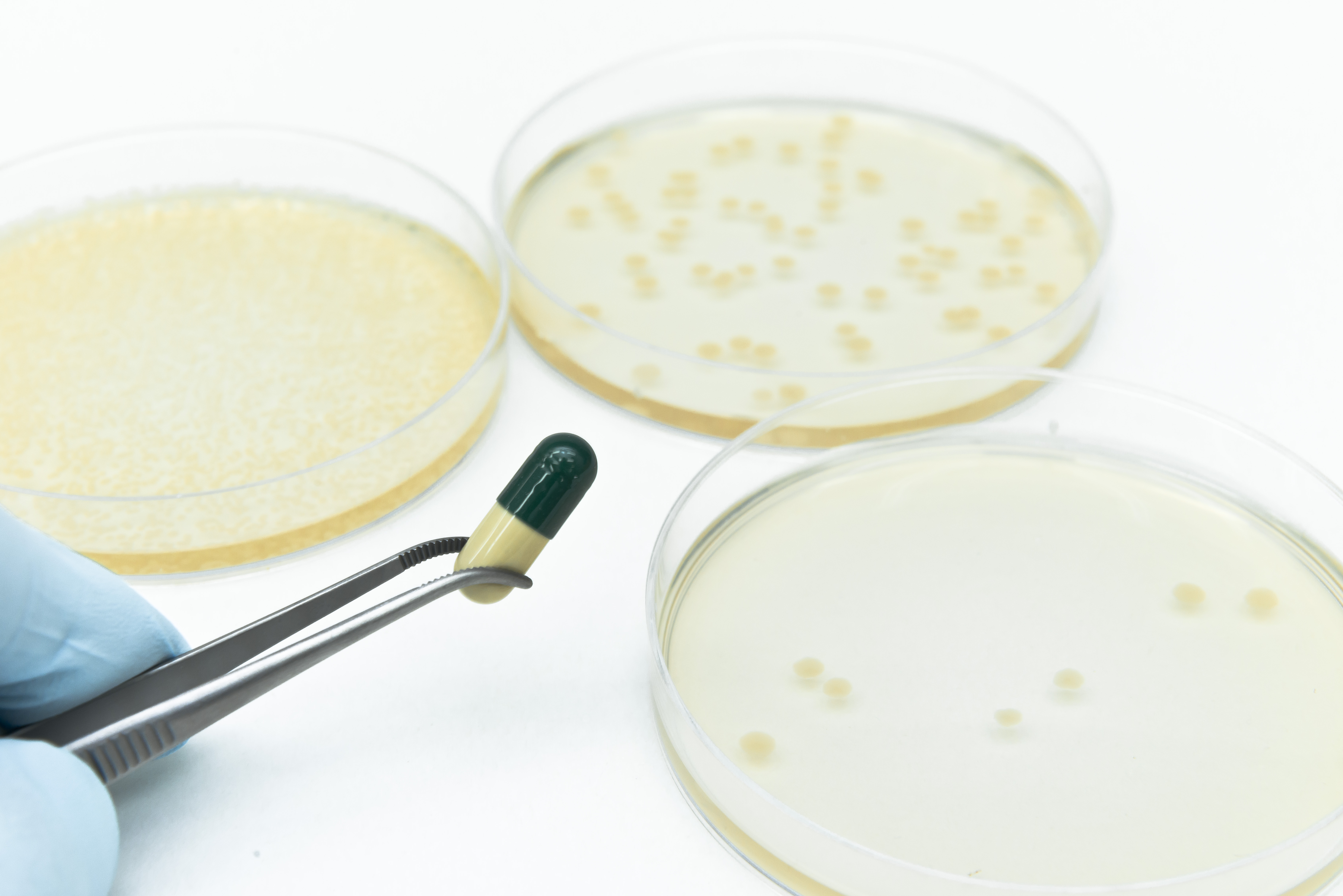
"One treatment for STIs is doxycycline. It has been prescribed as a prophylactic for gonorrhea, recommended as a treatment for chlamydia since 2020, and used to treat syphilis during shortages of the preferred treatment, benzathine penicillin. But bacteria are living organisms, and like all living organisms, they evolve. Over time, they develop resistance mechanisms to the antibiotics we create to kill them. And according to Harvard immunologist Yonatan Grad, resistance to doxycycline is growing rapidly in the bacteria that cause gonorrhea."
"The pattern of bacteria evolving to overcome our best treatments is one of medicine's most fundamental problems. Since the introduction of penicillin in the 1940s, antibiotics have radically transformed what's possible in medicine, far beyond treatments for STIs. They can knock out the bacteria behind everything from urinary tract infections to meningitis to sepsis from infected wounds. But every antibiotic faces the same fate: As soon as it enters use, bacteria begin evolving to survive it."
In 2023 more than 2.4 million cases of syphilis, gonorrhea, and chlamydia were diagnosed in the U.S., with overall STI diagnoses decreasing 1.8 percent and gonorrhea decreasing 7.2 percent from 2022. Doxycycline is used as a prophylactic for gonorrhea, recommended for chlamydia since 2020, and substituted for syphilis during benzathine penicillin shortages. Resistance to doxycycline is increasing rapidly in gonorrhea. Antibiotics transformed medicine since the 1940s, but bacteria evolve resistance as soon as drugs enter use. Doctors wrote 252 million antibiotic prescriptions in 2023 (756 per 1,000 people, up from 613 per 1,000). Scientists fear funding cuts will slow progress against evolving bacteria.
Read at Harvard Gazette
Unable to calculate read time
Collection
[
|
...
]